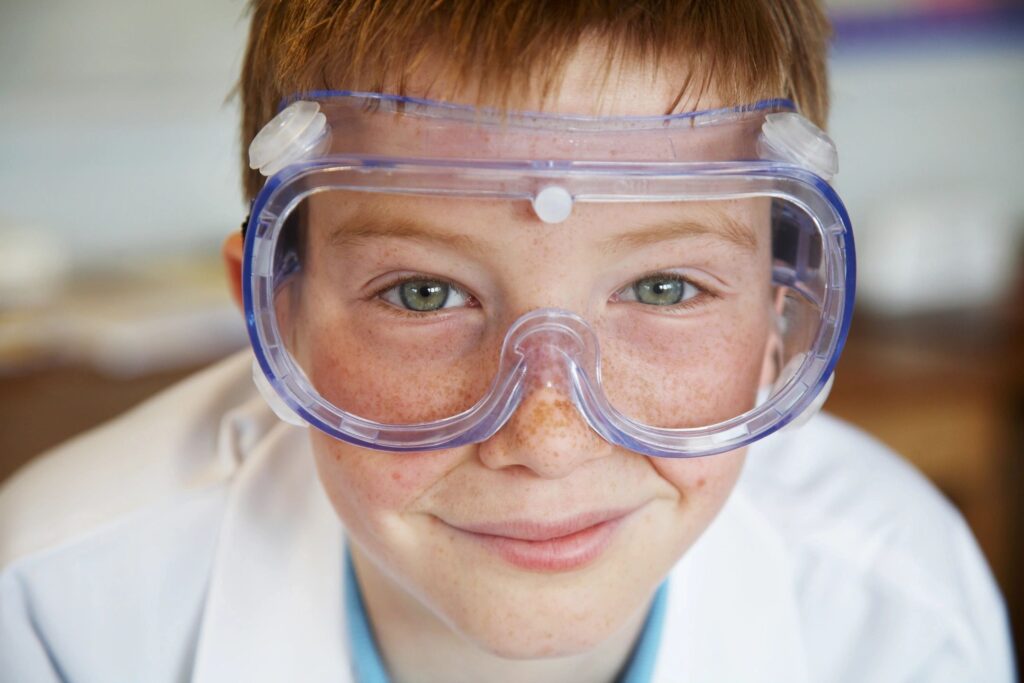
Tendency to Feel Awe Bodes Well for School Success
The more psychologists learn about awe, the more they’re coming to see it as an emotion that brings out some of the best of human behavior.
Awe seems to drive scientific inquiry, with scientists being more prone to awe and non-scientists becoming more interested in science when they experience awe. Feelings of awe can also make people more humble and able to transcend an individualistic sense of self.
Maybe you’re already feeling awed by the power of awe, but there’s more. According to the latest research, having a greater sense of awe may predict school success.
The authors of the study theorized that this might be the case insofar as awe makes people more curious, and curiosity makes people better students. Testing this hypothesis, the researchers found that teenagers’ levels of awe-proneness were related to how curious they rated themselves as and how curious their peers rated them as.
Moreover, being more awe-prone was associated with displaying better academic performance, with the connection between awe-proneness and curiosity explaining the link between awe-proneness and academic outcomes. One interpretation of this finding is that being more prone to feelings of awe makes people more curious, which in turn leads them to do better in school.
In the context of previous research on awe, the authors of the latest study point out that their findings add to the idea that awe is an emotion tied up with the desire to acquire knowledge.
As we’ve already seen, awe seems to have to do with the drive to learn about the world in a scientific way. It makes people realize how much they don’t know, which makes them want to know more. What the latest study suggests is that this curiosity-enhancing side of awe might encourage classroom learning as well, ultimately contributing to academic success.